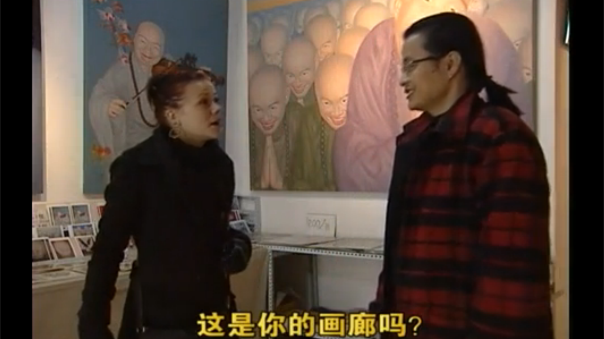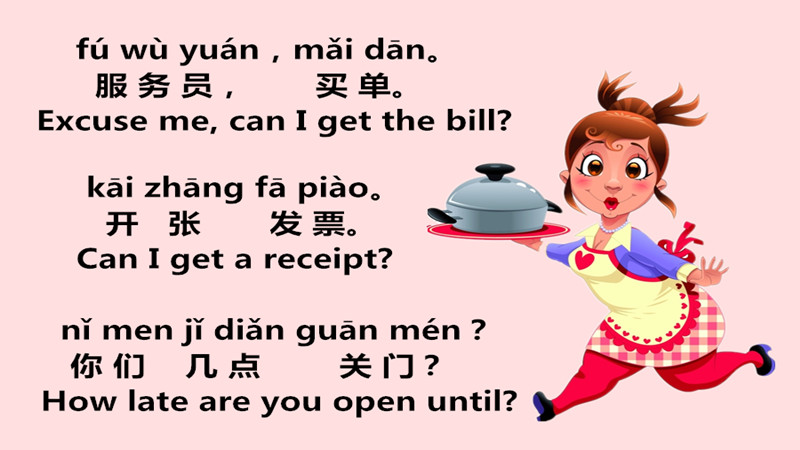1. 在学校 In the school
你 叫 什么 名字?
What is your name?
¿Cómo te llamas?
Comment tu t'appelles ?
ما اسمك؟
Как тебя зовут?
我 叫 李 月。
My name is Li Yue.
Me llamo Li Yue.
Je m'appelle Li Yue.
اسمي لي يوي.
Меня зовут Ли Юэ.

Click here to get a hard copy of this book
2. 在教室 In the classroom
你 是 老师 吗?
Are you a teacher?
¿Eres profesor?
Es-tu professeur ?
هل أنت معلم؟
Ты учитель?
我 不是 老师,我 是 学生。
I am not a teacher, I am a student.
No soy profesor, soy estudiante.
Je ne suis pas professeur, je suis étudiant.
أنا لست معلمًا، أنا طالب.
Я не учитель, я студент.
3. 在学校 In the school
你 是 中国 人 吗?
Are you Chinese?
¿Eres chino?
Es-tu chinois ?
هل أنت صيني؟
Ты китаец?
我 不是 中国 人,我 是 美国 人。
I am not Chinese, I am American.
No soy chino, soy estadounidense.
Je ne suis pas chinois, je suis américain.
أنا لست صينيًا، أنا أمريكي.
Я не китаец, я американец.

听录音并跟读,注意声母发音的区别 Listen to the recording and read after it. Pay attention to the differences between the initials.
| xiū xī | jī jí | jī qì | xiǎo qū |
| xīng qī | xiāng jiāo | xìng qù | jì xù |

听录音并跟读,注意声母发音的区别 Listen to the recording and read after it. Pay attention to the differences between the initials.
| xǐ zǎo | dǎ sǎo | sān cì | zì jǐ |
| zuó tiān | zǎo shang | cāo chǎng | hàn zì |
“不”的变调 Tone Sandhi of “不()” (1) “不”在第一、二、三声音节前不变调 When "不" is followed by a syllable in the first, second or third tone, its tone doesn't change.
| bù chī | bù xíng | bù hǎo |
| to not eat | not OK | not good |
| bù hē | bù néng | bù xiǎng |
| to not drink | can't | don't want |
(2) “不”在第四声音节前变成第二声 When "不" is followed by a syllable in the fourth tone, it changes into the second tone.
| bú huì | bú shì | bú kàn |
| to be unable to | to be not | to not look |

听录音并跟读,注意 ü 的拼写与实际发音
| ü | üe | üan | ün |
| ju | jue | juan | jun |
| qu | que | quan | qun |
| xu | xue | xuan | xun |
Click here to get a hard copy of this book









